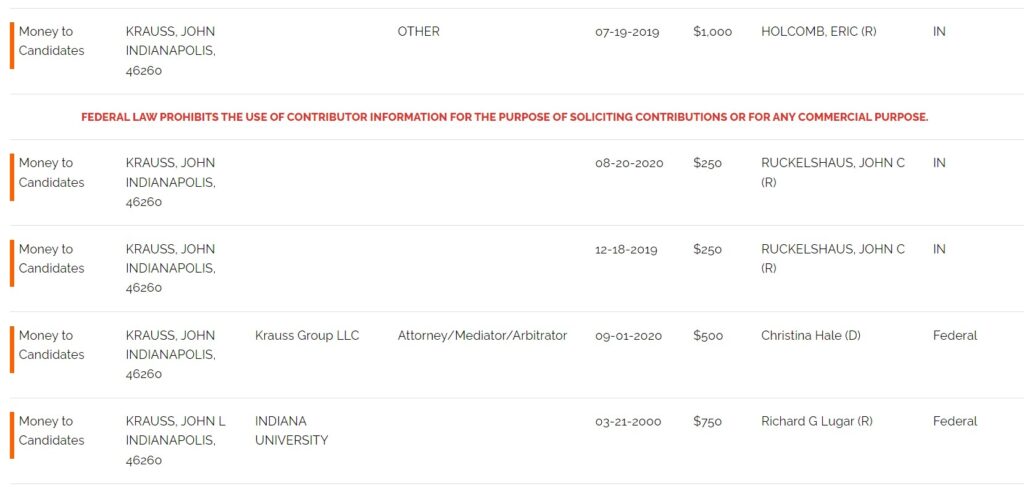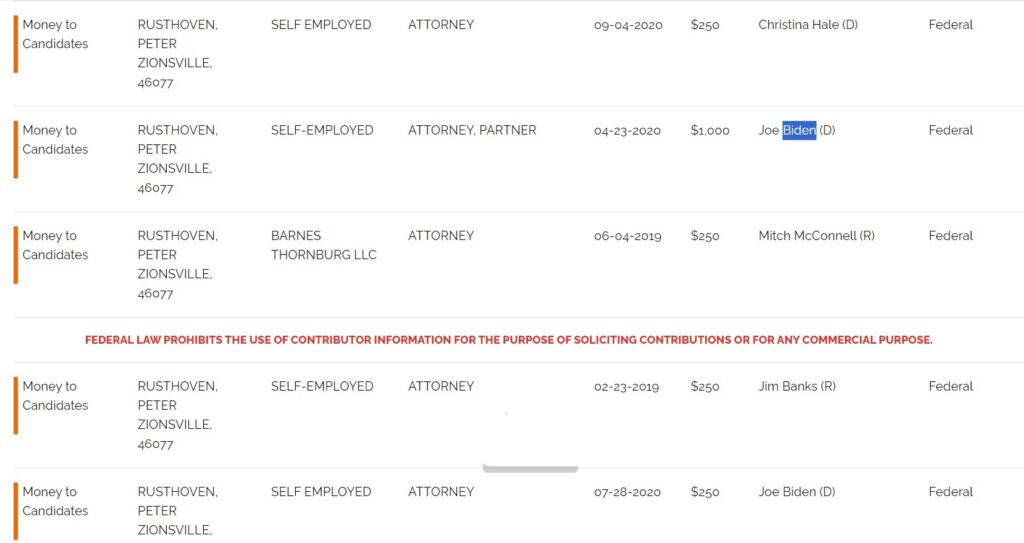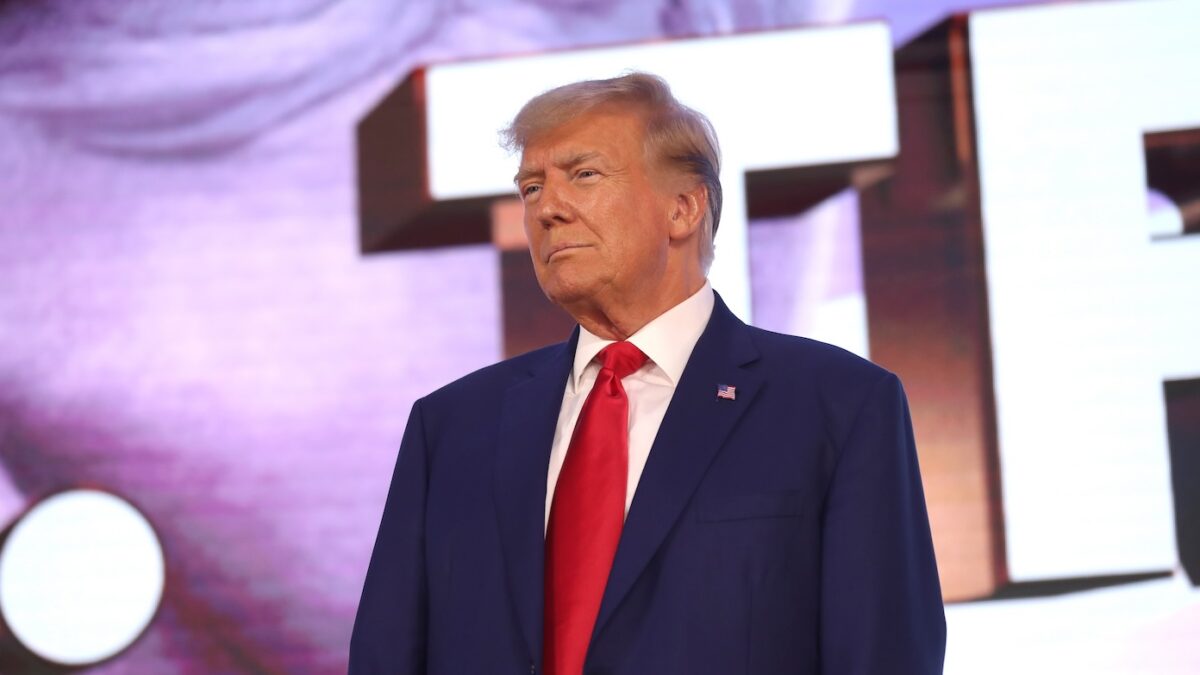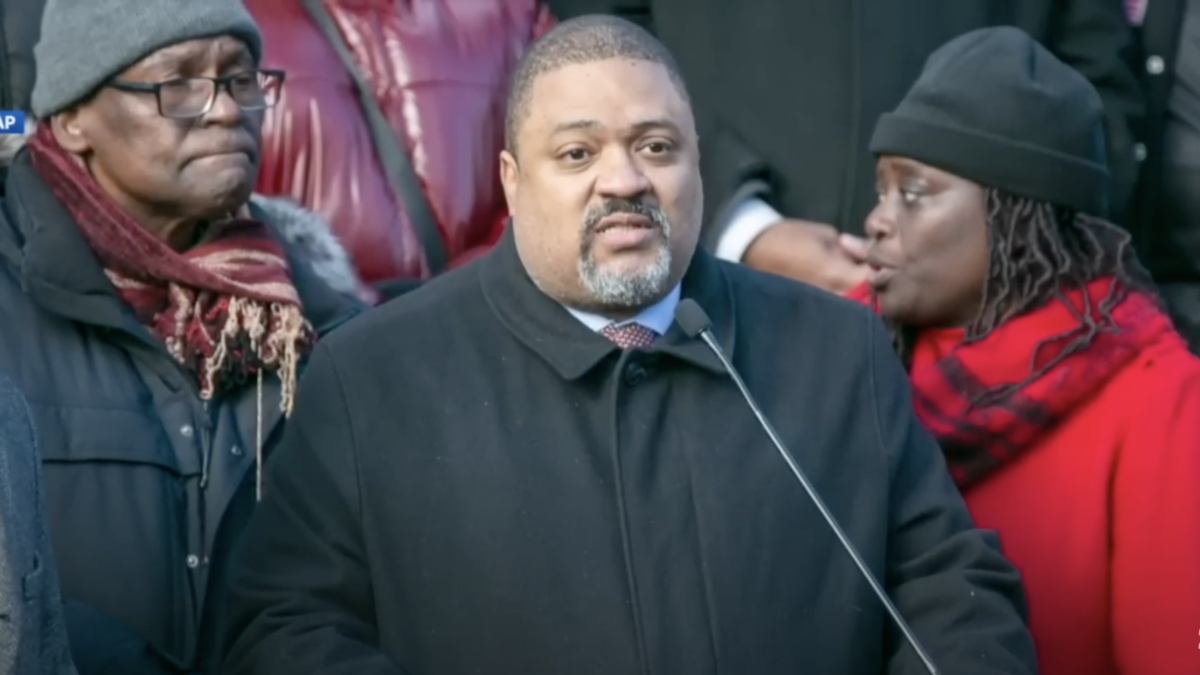An amendment to an Indiana bill would allow an unelected, Democrat-stacked committee that works in secret to control whom Hoosiers are allowed to vote for as state attorney general.
The amendment would bar from appearing on Hoosier ballots any candidate for attorney general who, within one year of the election, has been disbarred or suspended from his law license without an automatic reinstatement. Law license challenges have since 2020 become a political tool for Democrats to deny their political opponents legal representation.
Multiple Democrat pressure groups such as The 65 Project and Lawyers Defending Democracy now exist specifically to harass, intimidate, and force potentially tens of thousands of dollars of representation costs on their political opponents for constitutionally protected free speech. This means any Republican attorney general is at high risk of an ethics complaint unless he represents no challenge to Democrat priorities.
Multiple Indiana attorneys, and hundreds of attorneys nationally, have already faced ethics challenges simply for representing Democrat opponents in court. Half of sitting Republican attorneys general, including Indiana AG Todd Rokita, have faced such charges.
Rokita, who competes with U.S. Sen. Mike Braun for Indiana’s most conservative statewide-elected official, is part of a phalanx of state attorneys general taking on President Joe Biden in major constitutional cases. The lawyer representing Rokita in his ethics complaint also recently faced an ethics complaint, from the same person who filed the complaint against Rokita, said Rokita spokesman Benjamin Fearnow.
The Indiana amendment would give an unelected, abortion-friendly state commission the power to determine whom Hoosiers can select as attorney general, taking that power away from voters. The chairman of the Senate Elections Committee that added the amendment to House Bill 1265, Republican Sen. Mike Gaskill, wouldn’t disclose who authored the amendment. His spokeswoman did not return Federalist requests for comment.
Secret Proceedings Control Ballot Access
The Indiana Supreme Court Disciplinary Commission’s proceedings are secret, although its conclusions are not. The commission recently revealed its susceptibility to politicization by disciplining Rokita for speaking accurately and within legal ethics boundaries about an abortionist who committed an abortion on a 10-year-old rape victim and talked about it to reporters before the child was even out of the hospital, say legal documents.
Although Rokita settled that complaint by agreeing not to contest it and pay $250, he immediately was slapped with another now pending because leftists didn’t think he showed enough public remorse about challenging the medical license of a woman who kills for pay. Rokita was the only lawyer the commission reprimanded for speech in 2023.
Instead of backing his fellow Republican against a Democrat-saturated board that has frequently contributed to abortion-favoring politicians, Madison County Prosecutor Rodney Cummings announced Friday he’s considering primarying Rokita because the disciplinary board could effectively kick Rokita off the ballot for opposing abortion. Cummings claimed Indiana Republican legislative leadership agreed with him, citing the HB 1256 amendment as proof.
A spokeswoman for Indiana Senate Pro Tem Rodric Bray declined to comment Thursday on the name of the amendment author; whether he thinks unelected, pro-abortion bureaucrats should have the power to determine whom Hoosiers can vote for; and his plan to use his legislative power to address the serious problem of Democrats weaponizing the legal system against their political opponents and the rule of law.
State lawmakers appear aware of the power of using ethics complaints to intimidate their political opponents. Just last week during a Senate committee hearing, Democrat Minority Leader Greg Taylor suggested that lawmakers, almost all of whom on the committee are lawyers, could face ethics complaints if they voted against Democrats: “Have you ever had a disciplinary action filed against you? We all know what happens.”
Democrat Donors Decide Who Republicans Can Vote For
The executive director of the discipline commission is a longtime advocate of Marxist identity politics who used her position to publicly endorse judges attending Black Lives Matter protests in 2020. Every lawyer on the nine-member commission also has a history of making campaign donations to Democrats, according to OpenSecrets.org records. Some have also donated to Republicans.
Disciplinary Commission Chairman Bernard Carter, a Lake County prosecutor, has been an elected Democrat official for more than 30 years. His donation records include numerous contributions to Democrats from him and his campaign fund.
Among those are $200 in 2020 to the pro-abortion Democrat candidate for Indiana governor, Woody Myers; several donations to his local state Rep. Vernon Smith, a public supporter of critical race theory; and $500 to Gary, Indiana Mayor Eddie Melton, who strongly supports the city’s lawsuit that has forced gun manufacturers to disclose hundreds of thousands of customer names.
Disciplinary Commission member Brian Carroll donated $250 in 2022 to a Democrat who campaigned for the state House vowing to “fight for reproductive freedom.” The Democrat lost to the incumbent Republican by 30 points.

Carroll also donated $250 in 2020 to the Democrat nominee for Indiana attorney general. That candidate declared he’d pull out of a state lawsuit against Obamacare and work closely with teachers unions. He also declared his support for decriminalizing marijuana and Roe v. Wade.

The discipline committee’s vice-chair, Edward Sullivan III, of South Bend, Indiana, gave $250 to Democrat state Sen. Shelli Yoder’s campaign for U.S. House in 2016. Yoder lost that race to Republican Trey Hollingsworth by 14 points. Yoder, Democrats’ assistant state Senate minority leader, is an outspoken abortion supporter who has also publicly stated, “As a white woman, I recognize that I have privilege.”

In 2020, Sullivan donated $500 to Pat Hackett, a homosexual Democrat candidate for U.S. Congress. She lost the race by 23 points.

Commission member Daniel Vinovich donated $100 to Democrat Chris Gambill in 2017, when he was running for state Senate. Gambill lost the race by almost 12 points.
Commission member Cara Weineke donated $35 to the Indiana Senate Democratic Committee in 2006.

Commission member John Krauss has given numerous donations to Republicans and Democrats, including repeatedly to former U.S. Sen. Dick Lugar, who was ousted by a primary challenger backed by conservative groups including the Club for Growth. Krauss’s donations to Democrats include $500 in 2020 to U.S. House candidate Christina Hale, an abortion supporter, and governor candidate John Gregg, whom Krauss gave $1,000 in 2016. Both lost. Gregg supported allowing mothers to kill unborn children for having a disability.
Gov. Eric Holcomb beat Gregg in 2016, and in 2019 also received $1,000 from Krauss.

Molly Kitchell, a Disciplinary Commission member who is not a lawyer, is a significant donor to top Indiana Republicans, including Govs. Eric Holcomb and Mike Pence. She gave $5,000 to House Speaker Todd Huston in 2021, and $5,800 in 2021 to U.S. Sen. Todd Young, who is well-known for frequently working to boost Democrat legislation.
OpenSecrets.org’s records return no campaign donations for commission member Terry Webster Sr., the senior pastor of an Indianapolis Baptist church. According to his online bios, Webster is also not a lawyer.
The remaining commission member, Peter J. Rusthoven, is a longtime political donor to prominent in-state and national politicians and former associate counsel to President Ronald Reagan. Rusthoven donated $2,900 to now-ousted Wyoming U.S. Rep. Liz Cheney in 2021, while she was championing the Jan. 6 commission to overcharge and imprison Democrats’ political opponents.
Rusthoven also coauthored a Feb. 6, 2024, op-ed calling for the U.S. Supreme Court to deny Trump ballot access for “inciting an insurrection against the peaceful transfer of power.” Trump has not been convicted of this crime in any court of law.
Rusthoven also supported Hale’s 2020 campaign for U.S. House, with $250, and gave Joe Biden $1,250 in 2020.

Abortion-Friendly Conflicts of Interest
The abortionist Rokita was disciplined for publicly criticizing, Caitlin Bernard, is employed by Indiana University Health as a doctor and professor. Rokita is suing IU Health, arguing that “By publicly contradicting the Medical Licensing Board by contending [Bernard’s] actions were ‘in compliance with privacy laws’ … IUH has created confusion regarding what conduct is permitted under HIPAA privacy laws and the Indiana Patient Confidentiality rule. The inconsistencies and confusion threaten the privacy of its Indiana patients.”
Several disciplinary board members have financial connections to IU and IU Health. This creates another serious conflict of interest in overseeing the law license of a state attorney general who challenged the medical license of an IU Health employee and sued her employer for endorsing her alleged breach of the law.
Krauss founded a policy center at IU and ran it for 10 years. A university award is named after him. Molly Kitchell’s husband, Ryan Kitchell, moved from being a longtime executive vice president for IU Health to being part of Holcomb’s workforce cabinet in 2022. IU Health’s attorneys in its lawsuit with Rokita are a partner and associate at the same law firm as Rusthoven.
On Feb. 20, H.B. 1265 passed the Senate Elections Committee, where the amendment was added. It now awaits a vote in the full Indiana Senate. It will then return for another House vote, said Matthew Gocken, a spokesman for original bill sponsor Rep. Timothy Wesco, a Republican.








